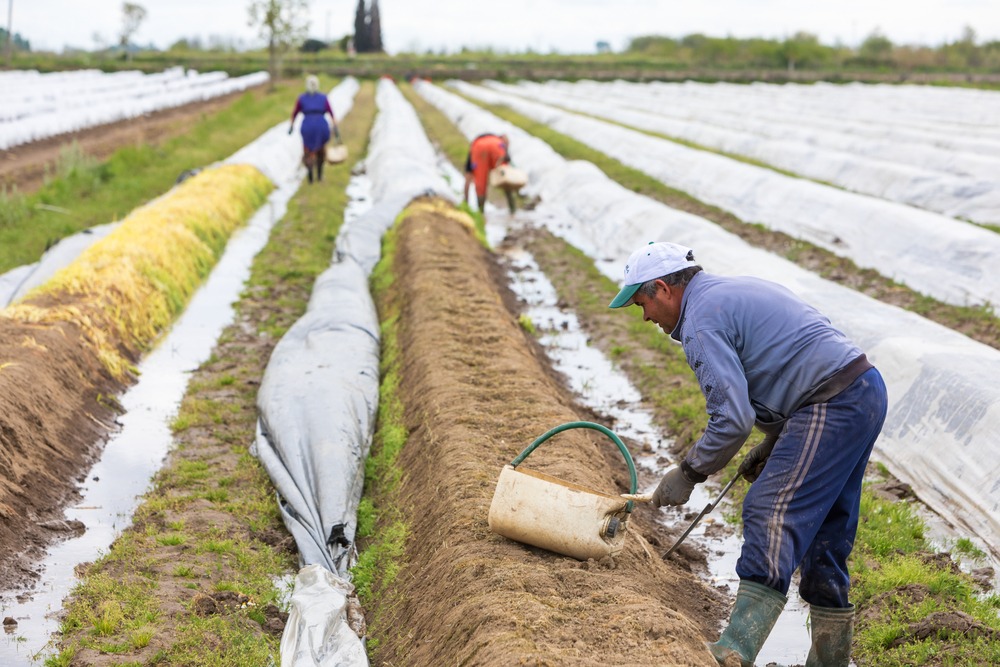Latin American IPCC expert maintains that LAC climate change mitigation and adaptation actions must provide more rapid responses to protect vulnerable populations

San Jose, 29 May 2023 (IICA). Specialists attending a webinar organized by the Inter-American Institute for Cooperation on Agriculture (IICA) and the Executive Secretariat of the Central American Agricultural Council (SECAC) maintained that climate change mitigation and adaptation actions must be ramped up to produce more rapid results, as responses in the region are unable to keep pace with the increasing effects of the phenomenon on vulnerable populations.
Speaking at the event, Edwin Castellanos, a member of the Intergovernmental Panel on Climate Change (IPCC) for Latin America, indicated that the increase in heat waves, drought and flooding has already surpassed the tolerance thresholds of many species and that these phenomena may be simultaneous, creating cascading effects that are increasingly difficult to control.
These situations are exposing millions of people in regions such as the Northern Triangle of Central America (Guatemala, El Salvador and Honduras), the hemisphere ‘s Southern Cone and other parts of the world, to food and water insecurity.
The rise in temperature triggered by human actions, for example, fossil fuel emissions, are affecting rainfall patterns, which is compromising food production, water availability and in turn health, said Castellano, during the seminar Impacts of Climate Change on the Region and the Agriculture Sector: Summary of the 6th IPCC Reports, which was streamed on IICA’s social media accounts.
“Problems are also emerging in cities, but particularly in coastal areas, which are experiencing flooding and loss of infrastructure, thereby decreasing economic productivity on the planet”, he added.
Castellanos suggested that, “If we comply with the stipulations of the Paris Agreement and drastically reduce greenhouse gas emissions to maintain temperature increases below 1.5ºC, we may have reason to be optimistic. However, if all these negotiations that have been ongoing for more than 30 years have no effect, and if we continue to increase greenhouse gas emissions, the rise in temperature could amount to 3ºC or 4ºC and we may reach a turning point in which the ecosystem or the planet changes its structure and the way in which it functions”.
The Guatemalan specialist, participating at the invitation of IICA and SECAC, felt that there is still hope that the proper initiatives can be implemented. “Any climate mitigation or adaptation action that is taken can create co-benefits. For example, if we reduce deforestation and the number of forests on the planet increases, this will not only combat the effects of climate change, but will also increase the habitat for biodiversity, regulate water cycles and reduce erosion, as is outlined in the Sixth IPCC Assessment Report”.
Ricardo Montero, Regional Technical Coordinator at SECAC, mentioned that the Sixth IPCC Assessment Report points out that there is a proposed path for climate action, requiring all countries in the world to join forces to reduce polluting greenhouse gas emissions.
Montero remarked that, “In this context, IICA is acting as a bridge between all its member countries, supporting their efforts to engage in climate action and pointing out relevant opportunities to increase the participation of the agriculture sector in the global climate change institutional structure”.
The IPCC’s Edwin Castellanos stated that to a great extent climate action requires proper water management to ensure that food production and people’s lives are not affected. He said this would entail simple options to optimize water resource use, such as water storage, protection of water sources and the introduction of irrigation systems, using simple and low-cost technology that is accessible to small farmers.
In his view, funding of climate mitigation and adaptation actions must also be increased. The necessary level of financing to reduce emissions and maintain the increase in temperature below 2ºC should be three to six times higher than it is now. To do so requires political will, particularly in the more developed countries, as well as inclusive governance in climate decision systems.
The expert insisted that, “This is a critical decade for action, not only to reduce emissions but to increase adaptation actions”.
More information:
Institutional Communication Division.
comunicacion.institucional@iica.int